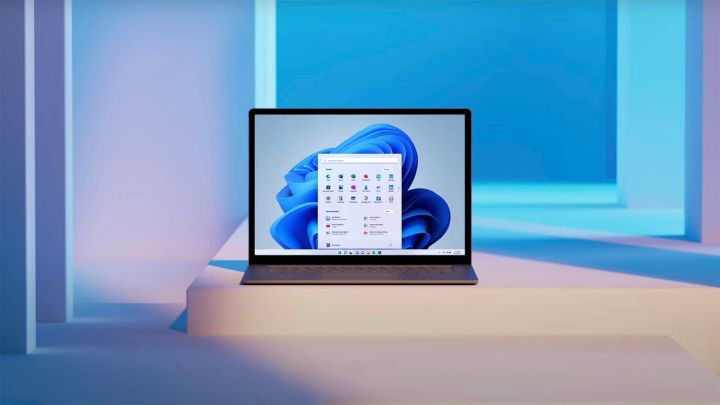
As if we needed another reason to hold off on downloading the latest patches before they’ve been tested by a considerable number of people, Microsoft’s most recent Windows Update comes with an unfortunate side effect — it causes blue screens for some users. The blue screen shows up right at boot, citing the “UNSUPPORTED_PROCESSOR” error as the stop code. Here’s what we know, and more importantly, how to make sure this doesn’t affect your PC too.
The issue started popping up right after the latest Windows 11 update, KB5029351, which brought the operating system up to version 22621.2215. The build addresses some issues and brings minor improvements, such as adding a new hover behavior to the search box gleam and improving the reliability of the Search app.
Once users install the update and restart their PC, the computer may bring up a blue screen right at boot, making it pretty impossible to do something about it. Fortunately, the update uninstalls itself after a few failed attempts of booting the PC.
Microsoft acknowledges the problem and says that it’s working on a fix. For the time being, if you’re affected by this problem, Microsoft recommends launching the Feedback Hub by selecting Windows key + F. Next, choose Summarize your feedback > Explain in more detail. You’ll be asked to describe the problem and replicate it, although the latter is not really doable in this case.
It’s worth noting that this is an optional update only available to users who run Windows 11 builds 22H2 and 21H2, as well as Windows 10 22H2. It doesn’t get installed automatically, which is a blessing, although some users may still receive it without knowing what they signed up for. In order to be able to download this patch, you’d have to find it in the Windows Update settings and choose to get it from there.

The cause of these blue screens is still unknown, but as noted by PCWorld, this Reddit thread is filled with users who are reporting the issue. They have one thing in common — they all appear to have one of Intel’s top processors from the Raptor Lake generation paired with an MSI motherboard. Seeing as motherboard vendors are readying themselves for the upcoming Raptor Lake refresh and the first BIOS updates are starting to roll in, there could be some kind of a conflict between the update and this particular hardware combo.
This isn’t the first time that a fresh Windows Update is causing trouble. Not too long ago, following an update, many users experienced a massive decrease in SSD speeds. The lesson here is that it’s usually a good idea to give it a few days before downloading optional, non-critical updates, to save yourself the headache and time spent troubleshooting.
Editors' Recommendations
- Windows 11 might nag you about AI requirements soon
- You’re going to hate the latest change to Windows 11
- Windows 11 tips and tricks: 8 hidden settings you need to try
- Windows 11 vs. Windows 10: finally time to upgrade?
- Beware! The latest Windows 11 update might crash your PC




